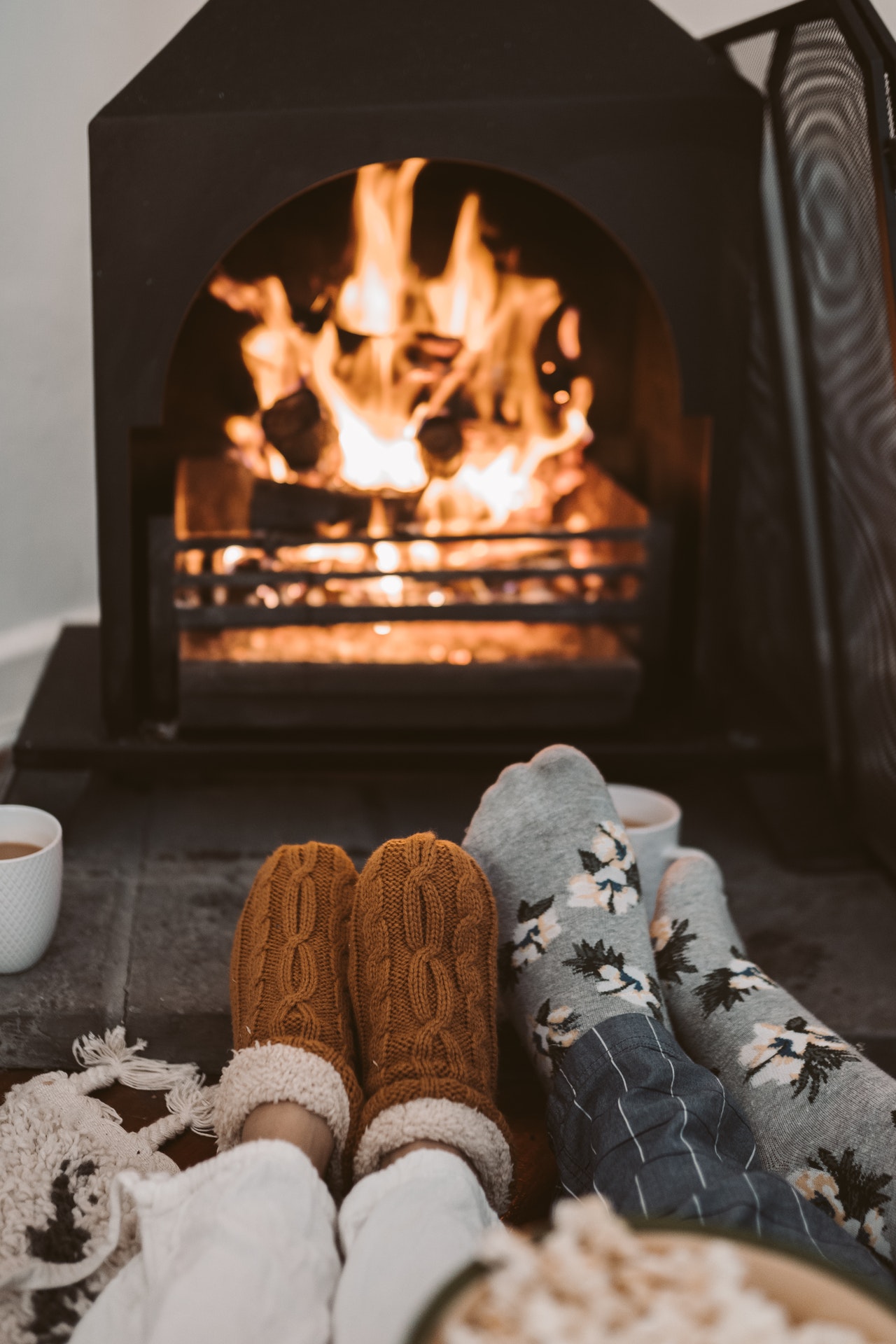Preparing for Holiday Disasters: Preventing Unexpected Emergencies
It’s the most wonderful time of the year – and one of the riskiest.
From holiday meal cooking fires and falling off your ladder taking down the lights to your roof caving in from heavy snowfall, there are plenty of ways for life to ruin your Christmas season.
What are the most common risks during the holiday season, and how can you prevent those unexpected emergencies? We’ve broken it down below.
Fire Risks
The holidays are a hotbed for fire risks. According to the National Fire Protection Agency (NFPA), Christmas decorations (trees excluded) caused $11 million in fire damage between 2014-2018. How can you prevent this kind of risk?
- Keep decorations away from heat sources: According to the NFPA, 44 percent of holiday fires started because decorations were too close to a heat source (think garlands and bows too close to a candle or a space heater).
- Keep an eye on the kitchen: Twenty percent of home decoration fires involved cooking according to the NFPA, so be aware of any decorations left close to cooking equipment.
What should you do if you’ve had a holiday fire and are struggling to put together the pieces? Restoration experts at SERVPRO suggest:
- Keep movement to a minimum (moving around your home after a fire can cause soot particles to get lodged in your upholstery and carpets, making the cleanup job much harder).
- Place clean towels on upholstery and carpets in high-traffic areas.
- Wash houseplants on both sides of the leaves.
- Change the HVAC filter in your home or office.
- Tape cheesecloth over any air registers.
Electrical Disasters
Christmas décor doesn’t just present a fire risk – electric shocks from lights and other decorations are a common holiday injury. Many people severely injure themselves putting up (or taking down) their Christmas lights.
What should you do when your Christmas décor fights back? The electrical experts at Cable Organizer have shared some of their best tips to prevent unwanted electrical shocks below:
- Only purchase ‘UL’-listed lights, electronics, and extension cords: ‘UL’ stands for Underwriters Laboratories, a testing facility for lights with stringent safety measures.
- If you’re decorating outside, make sure to use lights that are specifically designed for use outdoors: Putting indoor-only lights outside can easily cause an electric shock.
- Check your lights before you put them up for signs of wire damage or damage to plugs and bulbs: Repair the damage, or replace the item, before using it.
- Hang lights using a wooden or fiberglass ladder: A metal ladder increases your risk of electric shock.
- Don’t overload your extension cords: Check the wattage that the cable can carry before recklessly plugging.
Inclement Weather
There’s no avoiding the weather. Typically, there are two types of inclement weather to prepare for – standard winter weather (i.e., ice and snow, depending on where you live) and extenuating circumstances (i.e., winter storms and blizzards).
The best ways to prepare for typical wintry weather? Safewise shares their best tips below:
- Winterize your pipes: burst pipes are a holiday disaster to avoid at all costs. When it gets cold outside, the water in your pipes can freeze and then – burst pipes. Try heating cables, foam, or pipe sleeves to keep your pipes warm.
- Check your roof: a damaged roof and a heavy snowfall are a holiday disaster in the making, so check your roof in the autumn for any wear and tear and make repairs ahead of time.
- Keep your walkways clear: after a snowfall, clear your walkways as soon as possible to prevent any dangerous slips or falls. The Orthopaedic Associates of Michigan are absolute pros at preventing snow-induced injury. They recommend wearing rubber shoes, walking cautiously with your hands out of your pockets, and taking extra care when getting in and out of your car.
The US Government recommends the following if you’re preparing for a winter storm:
- Keep up with regular repairs: prepare your home with the appropriate insulation, caulking, and weather stripping.
- Stock up on essential supplies, including extra batteries, soap, and hand sanitizer: try to stock up over several trips instead of purchasing all at once.
- Create a supply kit for your car: you may be on the road when inclement weather hits. Ensure your vehicle has jumper cables, sand, flashlights, extra warm clothes, blankets, water bottles, and snacks that will last. Be sure to keep your gas tank full.
Whilst it’s not always possible to keep disasters from happening, but a little prevention goes a long way. Happy holidays!

